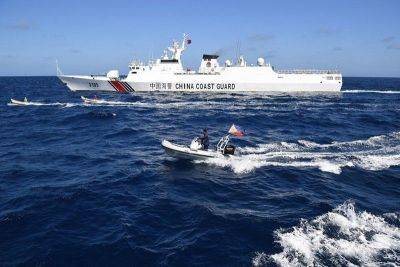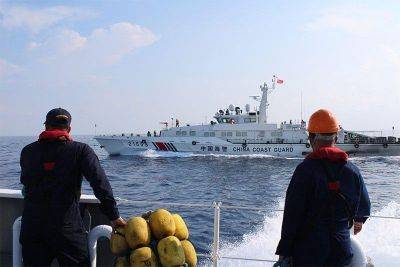Delegitimizing China’s maritime expansion in the South China Sea: The role of 2016 arbitral tribunal ruling
The idea that Chinese expansion in the South China Sea is the quintessential threat to Philippine national security began in early 1995 when the Philippine Navy (PN) discovered the presence of Chinese wooden structures on Mischief Reef—called the Panganiban Reef, which is 150 nautical miles from the country’s westernmost island of Palawan, and 620 miles southeast of the southernmost Chinese province of Hainan.
Eventually, since the beginning of the 21st century, the relationship between the Philippines and China has undergone ups and downs. This is because China's expansion in the South China Sea has become the primary security problem confronting the Philippines since the second decade of the 21st century.
China must possess the means to control the South China Sea and assert its sovereignty claims. It must maintain a persistent naval presence in the disputed waters to gain control. Chinese maritime strategy requires the People’s Liberation Army’s Navy (PLAN), the Chinese Coast Guard (CCG), and the naval militia to pressure foreign vessels in the disputed waters and force littoral countries through skillful maneuvers to abide by its jurisdiction and privileges in the South China Sea.
This enables China to identify alleged interlopers, undertake drastic and mass intimidation actions, and exercise escalatory options against those challenging its expansive maritime claims. It then applies overt and covert coercive measures to overwhelm any Southeast Asian state’s resistance, allowing it to pull its massive weight around resolving its disputes with the smaller littoral states.
In the long run, China might have de facto control of the South China Sea—or an actual state of affairs based on raw power but not international law. To complete its integrated maritime expansion, China seeks to attain de jure control or the official and legitimate recognition of its sovereign control of the South China Sea based on international law, without actual use of force.
Total domination of the South China Sea required China to attain de facto and de jure control over this disputed waterway. This, in turn, would provide China with maritime trade security based on its control







